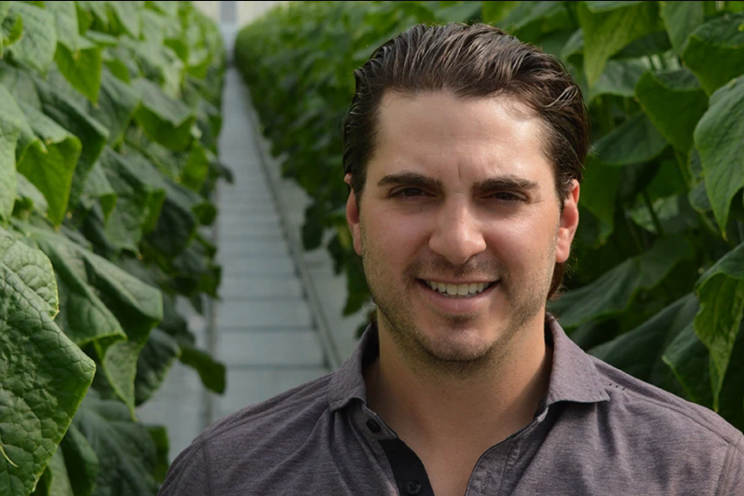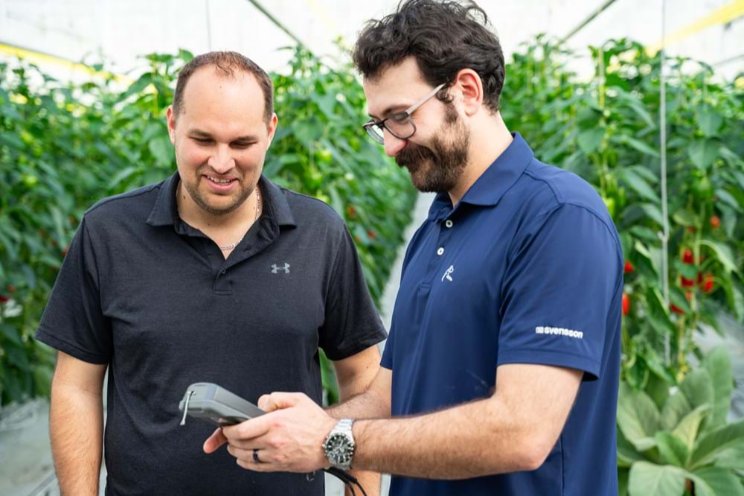?What is horticultural therapy, and does it work?
Added on 16 October 2020

"It's so gratifying to see the fruits of your labor," she tells me. Turns out that research backs her up.
The value of gardening for mental health was first documented in the 19th century by Dr. Benjamin Rush, recognized as the father of American Psychiatry. Growing into its own method, horticultural therapy gained respect as a valued resource to treat war veterans in the 1940s and 1950s.
Today, horticultural therapy is used to help treat post-traumatic stress disorder, depression and anxiety.
What gardeners know
How does it work? "The simplest explanation for why people enjoy horticulture is because it brings them into close, intimate contact with nature, something that is otherwise often sorely lacking in modern life experience," says Dr. Elan Barenholz, associate professor of psychology at Florida Atlantic University. "A wealth of studies have found that people will generally choose settings that contain natural vegetation over those that don't."
Even indoors, greenery has benefits. "Casually encountering plants on a walk, in your backyard — even indoor plants in your workplace — has been found to have a plethora of health benefits including reducing stress, lowering blood pressure and overall mood improvement," continues Barenholz. A 2010 study in the Journal of Health Psychology showed that while reading a book and gardening both reduced stress levels, gardening produced markedly better results.
A 2012 NPR story highlighted the value of horticultural therapy in a juvenile detention center where it was used to help kids build self-esteem and better manage their emotional issues. Pacific Quest is a program in Hawaii for troubled teens focuses on horticultural therapy. Over the course of a few months, kids manage a garden from planting through harvesting, even cooking their own food. Travis Slagle, horticultural therapy director at Pacific Quest, tells NPR that the garden setting provides a calm, stable environment that never changes, an environment that allows kids who may come from tumultuous home environments to finally let their guard down.
Nature and nurture
The good feelings that come with working the land may be evolutionary. "Our hunter-gatherer ancestors would have potentially been rewarded for choosing to settle in verdant areas that offer abundant flora and fauna as potential food sources," Barenholz says. Or they may be learned. "People often have fond memories of freedom and adventure involving the outdoors while the indoors may be more associated with structure and work," he explains. Indeed, you can get similar benefits from taking a walk outside.
"Either way," concludes Barenholz, "by the time we are adults, we are likely to have a craving for the stress-relief and wellness of nature that may not have many outlets in our everyday life. Horticulture represents a consistent and reliable mode of interaction with nature that can guarantee you get your nature 'fix'."
Source: Treehugger
Photo created by wayhomestudio freepik
Source: Treehugger
More news















